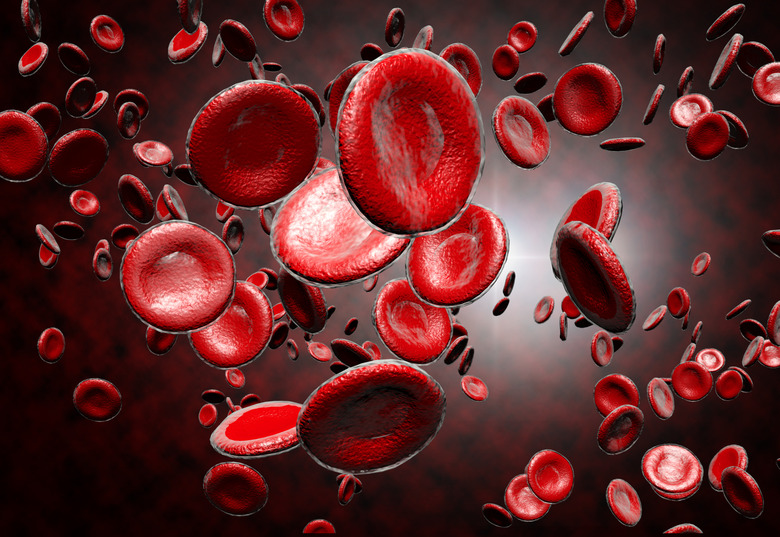Differences Between Body Cells & Neurons
The human body is comprised of trillions of cells. Over 200 types of cells make up the organs, bones, muscles and nervous system. All the cells have similarities, such as a membrane on the outer surface and organelles–structures that perform cellular functions–within the cell. However, when comparing a basic cell, such as a skin cell, to a nervous system cell, or neuron, there are fundamental differences in cellular structure, function and replication, according to the National Institute of General Medical Sciences.
Structure
Structure
All cells have an outer membrane that is selectively permeable to certain substances needed for cellular function. The outer membrane of a basic cell and neuron is a fat layer with embedded proteins that act as channels for substances to move in and out of the cell. In contrast to a basic cell, most neurons also have a layer of myelin wrapped around the outer surface of the cell. Myelin is a fatty substance that acts as insulation and speeds the conductivity of electrical signals along the neuron.
Basic cells and neurons are also different in visual appearance. Basic cells are very small and are oval, rectangular or irregular in shape; neurons look entirely different, and have a cell body surrounded by a web of receptors called dendrites that transmit nervous signals to the cell body. Extending from the cell body is a long axon, or cable, that transmits electrical signals to other neurons.
Function
Function
According to the University of Washington, the function of the typical cell of the body versus a neuron is quite different. All of the cells in the body have a specific function: heart cells generate a pulsating action for the heart to pump blood to the body; liver and kidney cells form a filtration system to rid the body of excessive or toxic materials; and skin cells form a protective barrier to the external environment. Each basic cell is a functional unit; it can perform its function alone. Neurons, on the other hand, interact with each other: one neuron stimulates the next by secreting a stimulating neurotransmitter, or chemical, that triggers action in other neurons. Neurons act in a more global sense. They control how the body functions; they stimulate body movement, help people perceive their environment and provide consciousness.
Replication
Replication
Most cells of the body can replicate and must do so in response to injury or to replace older cells. Mitosis is the process of a cell splitting into two identical cells, or replicating. Unlike most cells of the body, neurons cannot replicate. For that reason, brain and spinal cord injuries are severe, according to the University of Arizona Biology Department.
Cite This Article
MLA
Smith, Alison. "Differences Between Body Cells & Neurons" sciencing.com, https://www.sciencing.com/differences-between-body-cells-neurons-4295675/. 27 November 2018.
APA
Smith, Alison. (2018, November 27). Differences Between Body Cells & Neurons. sciencing.com. Retrieved from https://www.sciencing.com/differences-between-body-cells-neurons-4295675/
Chicago
Smith, Alison. Differences Between Body Cells & Neurons last modified March 24, 2022. https://www.sciencing.com/differences-between-body-cells-neurons-4295675/
